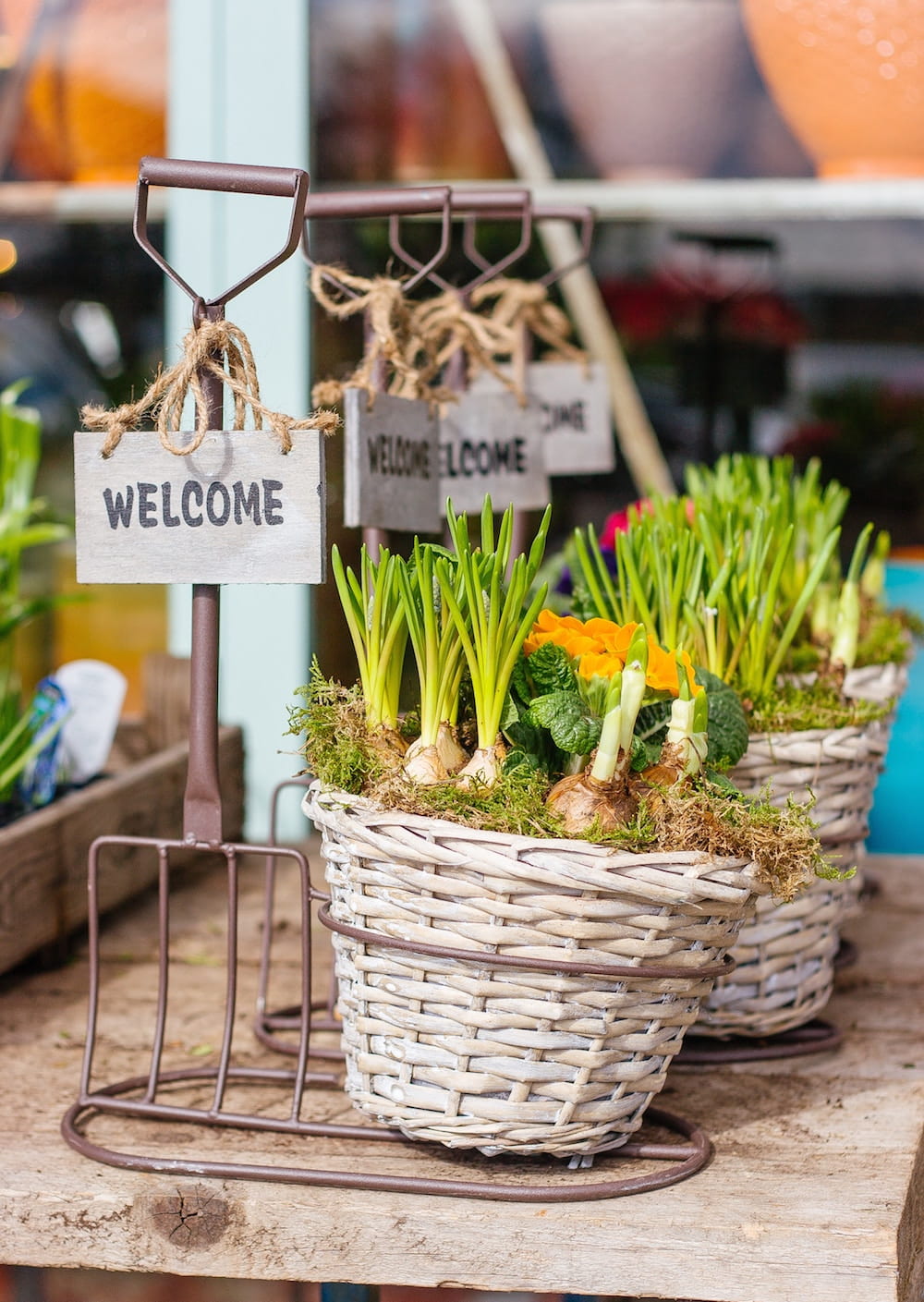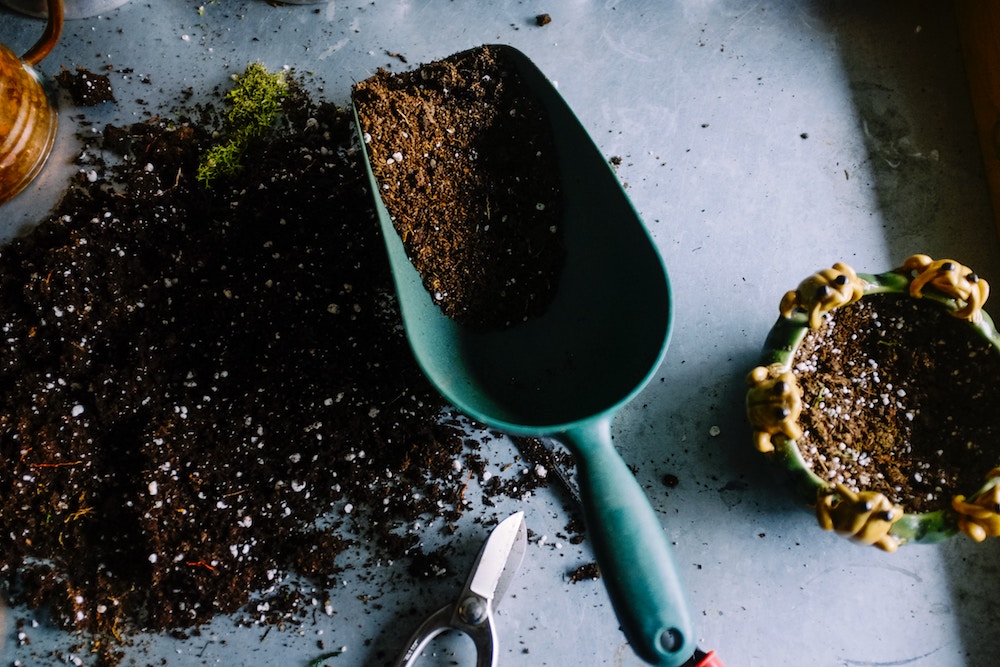Whether growing your own veg, tending to some pot-plants, or mowing the lawn, getting outside in the garden can really plant the seeds for positive mental wellbeing
When I think of gardening, I’m taken back to when I was a small girl watching my nan potter around her garden on a summer’s day. I used to associate gardening as a hobby for an older generation, but it can be beneficial for people of all ages, and is now recognised as a type of therapy – horticultural therapy.
Here are just some of the wellbeing advantages that gardening can have, and how you can make the most of them:

This term describes being entirely focused in a moment. Technology is a constant distraction these days and it can be difficult to be 100% present. But the sensory element of gardening, or being in the garden, allows us to home-in. We’re focused on the atmosphere, whether we feel the sun on our face or the breeze on our skin, we can smell the nature around us, and we can feel what we’re doing – be that planting new bulbs or dead-heading existing flowers. We are well and truly encompassed by the act of gardening.
Mindfulness is a well-known coping mechanism for those who suffer with various mental health issues – anxiety being a prime example. Gardening can therefore help us refocus; it becomes a healthy distraction, which promotes relaxation and reduces stress caused by the modern-day world.
There are physical benefits involved with gardening, as it can help individuals maintain mobility – particularly those who find more strenuous exercise difficult. Whether you’re burning calories by pulling up a stubborn weed, or sweeping up the aftermath, you’re constantly moving. By taking part in any form of gardening activity, you will naturally use (and eventually strengthen) your bones, muscles and joints.
Physical activity has been linked to an improvement in clinical depression and anxiety in an article published by Harvard Medical School in 2014. Their review explains that “people who become or remain physically fit or active are less likely to develop clinical depression” and that gardening can be a great way to keep fit!

Thrive, the UK's leading charity changing the lives of disabled people through gardening, explains how the organisation has helped a keen gardener continue his passion, even after a stroke. By taking part in a practical course with a focus on learning new ways to tackle everything, he now is able to strengthen his mobility. Furthermore, gardening has helped him deal with the emotional trauma of having a stroke, as he notes: “The team at Thrive helped me realise that the stroke is over, but life isn’t.”
Anyone who is able to garden and grow things from scratch will feel a sense of responsibility as they are in control of nurturing another living organism. There is reward and achievement in watching something grow and come to life because of your own work and commitment. In addition, gardening may encourage you to grow your own fruit and veg. If you’ve got a healthy source of food growing in your back garden, you may be more inclined to eat it.
So, now you know why gardening is not to be sniffed at, especially if, like me, you had a preconception that gardening was only for your dear nan! The garden can be a wonderful place for all of us to escape life and reconnect with it on an entirely new level. As Audrey Hepburn said: “To plant a garden is to believe in tomorrow.”


Comments